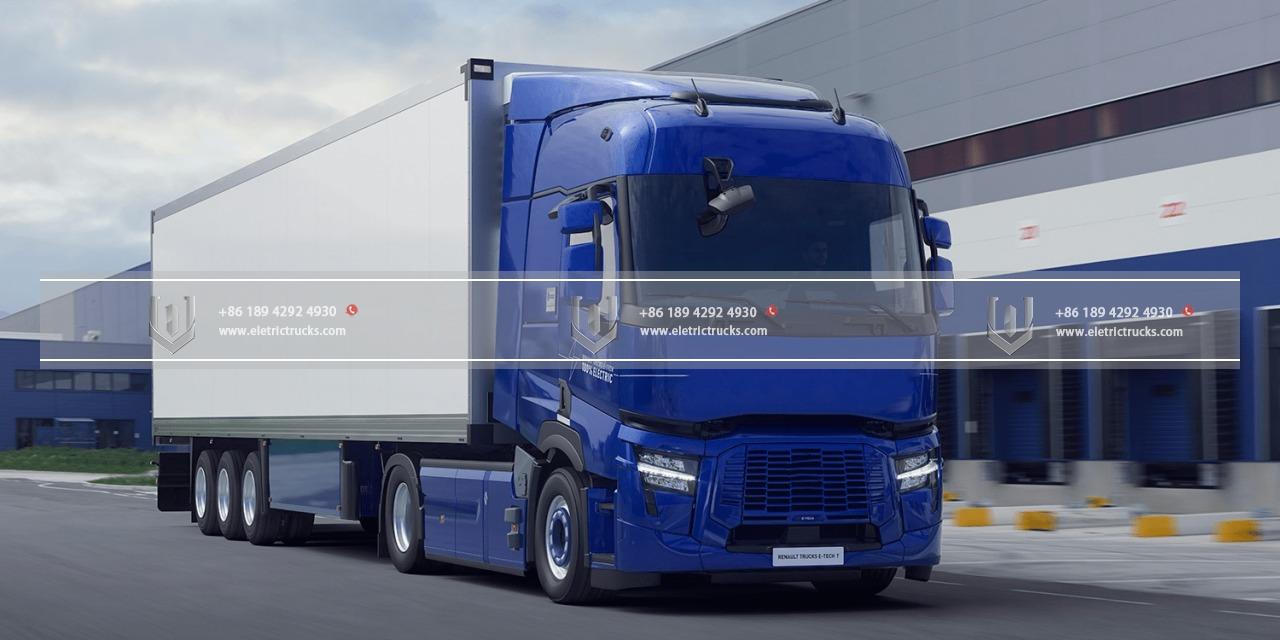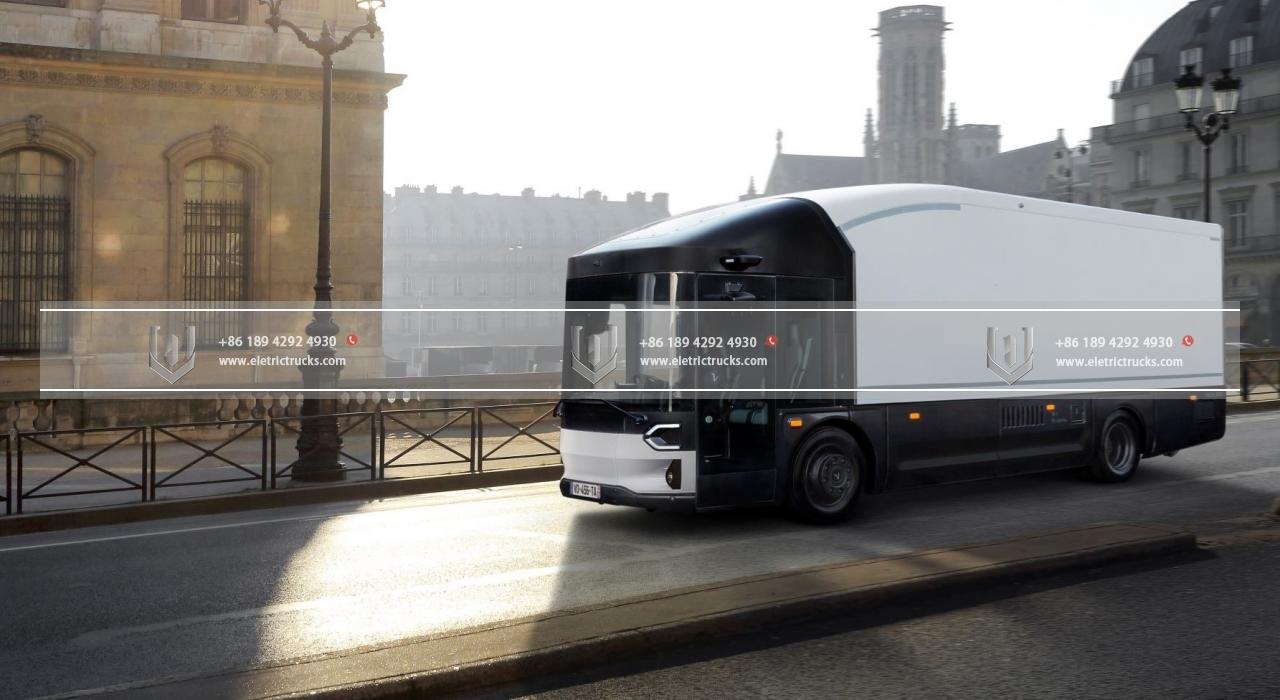Electric Truck Knowledge
Silent Haulers: The Growing Popularity of Electric Trucks
In recent years, there has been a remarkable shift in the transportation industry as electric vehicles have gained traction across various sectors. While electric cars have dominated much of the conversation, another class of vehicles has been quietly making significant strides: electric trucks. These silent haulers are rapidly gaining popularity, driven by advancements in technology, environmental concerns, and the potential for cost savings. In this article, we will explore the growing trend of electric trucks and the reasons behind their increasing prominence.
The transportation sector is a significant contributor to greenhouse gas emissions, with trucks being a major offender. Traditional diesel-powered trucks are not only responsible for emitting large amounts of carbon dioxide, but they also contribute to air pollution, noise pollution, and reliance on fossil fuels. As the world grapples with the urgent need to address climate change, electric trucks offer a promising solution.
One of the key advantages of electric trucks is their zero-emission nature. By running on electricity instead of diesel or gasoline, they produce no tailpipe emissions, making them environmentally friendly and helping to improve air quality. This characteristic has garnered attention from policymakers and companies striving to meet sustainability goals and reduce their carbon footprint. Governments around the world are implementing stricter emission standards, incentivizing the adoption of electric vehicles, including trucks, through subsidies and tax benefits. As a result, the demand for electric trucks has soared in recent years.

Moreover, electric trucks offer significant operational cost savings over their diesel counterparts. Although the upfront cost of electric trucks may be higher, the total cost of ownership over their lifetime can be considerably lower. Electric vehicles have fewer moving parts and require less maintenance, leading to reduced maintenance and repair costs. Additionally, the cost of electricity for charging an electric truck is generally lower than the price of diesel fuel, resulting in substantial savings on fuel expenses. Fleet operators and logistics companies are increasingly recognizing these financial benefits and transitioning their vehicles to electric power, especially for urban and regional delivery routes with predictable mileage and well-established charging infrastructure.
Technological advancements have also played a vital role in the rising popularity of electric trucks. Over the years, battery technology has improved significantly, leading to increased energy storage capacity and longer driving ranges. This progress has alleviated the concerns of range anxiety, a common apprehension among potential buyers of electric vehicles. Modern electric trucks can now achieve comparable ranges to their diesel counterparts, making them a viable option for long-haul transportation. Additionally, the development of fast-charging infrastructure has made recharging electric trucks more convenient, reducing downtime and improving overall efficiency.
Furthermore, electric trucks offer a quieter and more comfortable driving experience. The absence of a loud diesel engine eliminates much of the noise pollution associated with traditional trucks. This characteristic is particularly beneficial in urban areas, where noise regulations are stringent. Electric trucks contribute to a quieter and more pleasant urban environment, making them an attractive choice for last-mile delivery operations, where noise reduction is essential.
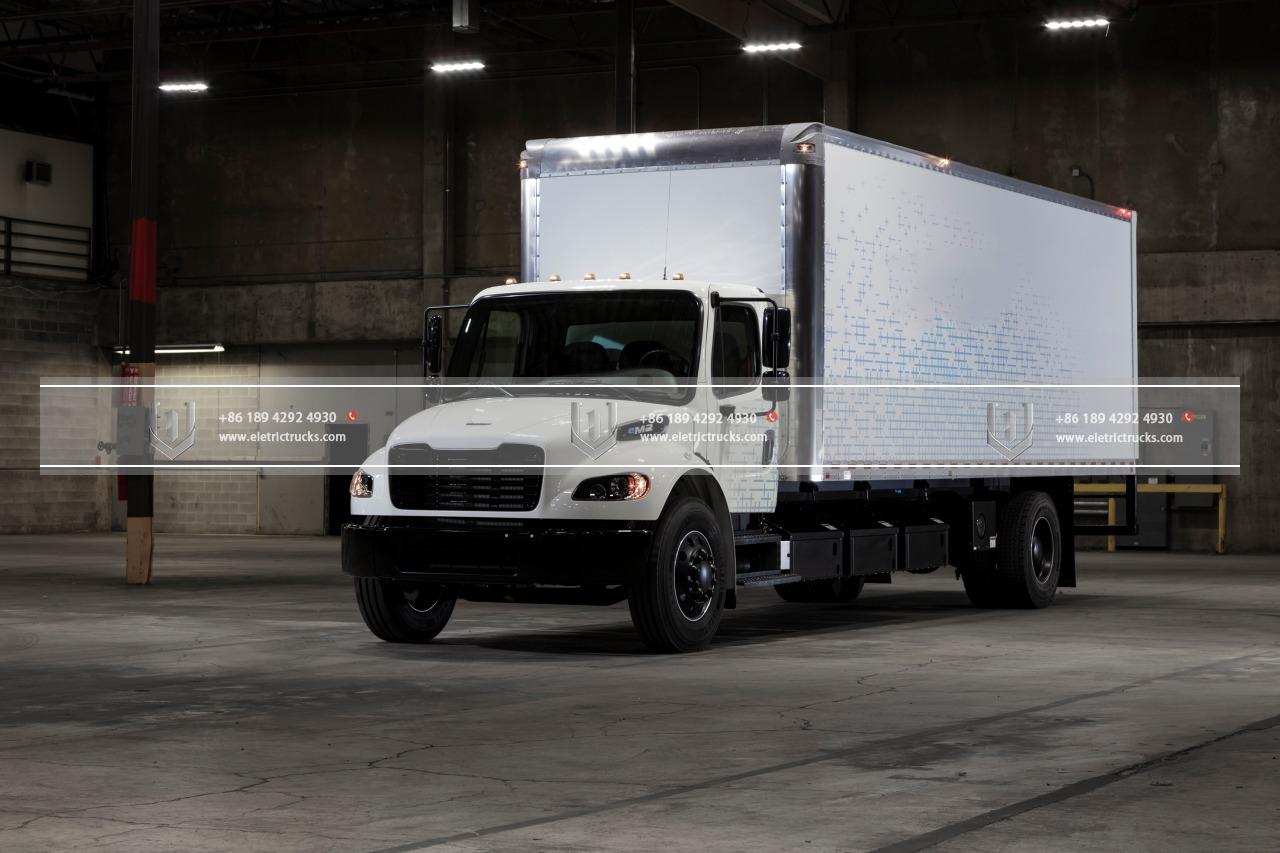
The growing popularity of electric trucks has prompted major automakers and startups to invest in research and development in this sector. Established companies like Tesla, Volvo, and Daimler are actively developing electric truck models, while new players like Rivian and Nikola have entered the market with innovative and sustainable offerings. These investments are further driving the advancement of electric truck technology, leading to improved performance, increased driving range, and enhanced charging infrastructure.
Despite the many benefits, there are still challenges to overcome for electric trucks to achieve widespread adoption. The limited availability of charging stations, especially for long-haul routes, remains a concern. Building a comprehensive charging infrastructure network will be crucial to support the growth of electric trucks and alleviating range anxiety. Additionally, the weight and size of batteries are still significant obstacles, as they can reduce payload capacity and limit the applications of electric trucks in certain industries.
Furthermore, the growth of electric trucks is not limited to the transportation industry alone. Various sectors, including construction, logistics, and waste management, are recognizing the potential of electric trucks in their operations. Construction companies, for instance, are utilizing electric trucks for transporting materials and equipment to job sites. These vehicles offer the advantage of operating quietly, reducing disruption to nearby residents, and providing a cleaner working environment for construction workers. Similarly, logistics companies are incorporating electric trucks into their delivery fleets to meet the increasing demand for eco-friendly transportation options.
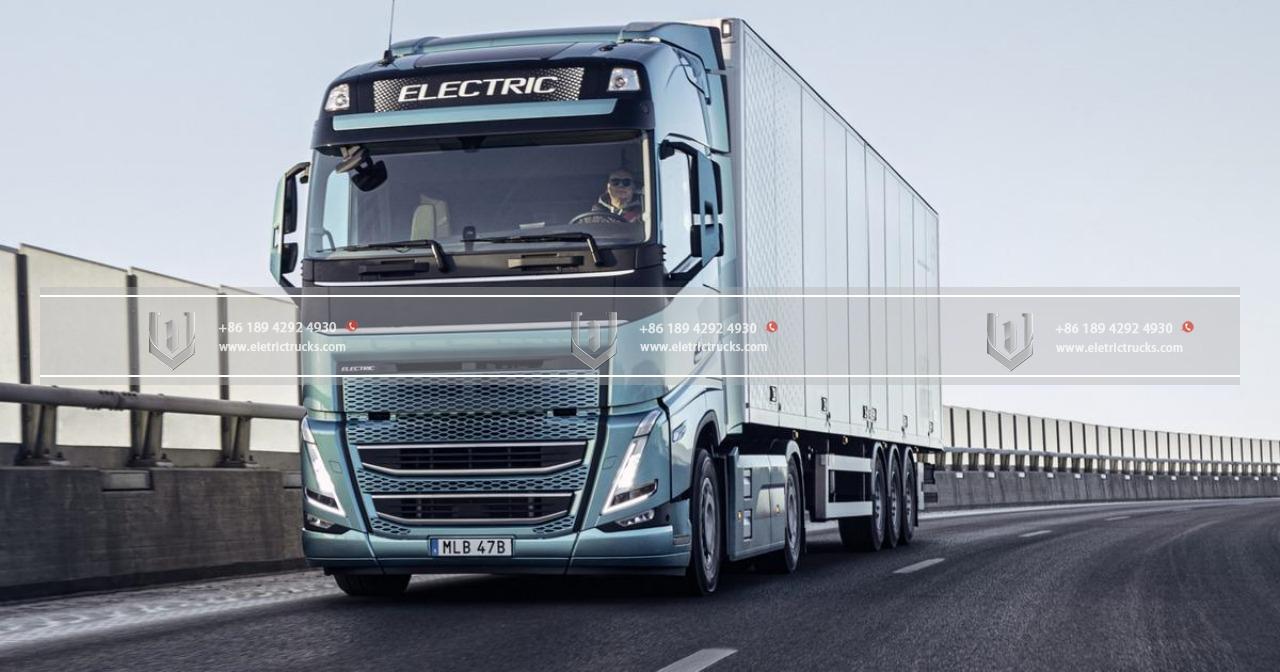
The adoption of electric trucks is not only driven by environmental and financial considerations but also by changing consumer preferences. With the rise of e-commerce and online shopping, there has been a surge in the number of deliveries made in urban areas. Consumers are becoming more conscious of the environmental impact of their purchases and are actively seeking companies that prioritize sustainability. Electric trucks, with their zero-emission operation, align with the values of environmentally conscious consumers. This consumer demand is pushing companies to invest in electric truck fleets as part of their commitment to sustainable business practices.
Another factor contributing to the popularity of electric trucks is the advancement of autonomous driving technology. Electric trucks, with their electric drivetrains and advanced sensors, are well-suited for autonomous operation. Autonomous electric trucks have the potential to revolutionize the transportation industry by improving safety, efficiency, and productivity. These vehicles can operate around the clock without the need for breaks, reduce the risk of accidents caused by driver fatigue, and optimize routes for maximum efficiency. As autonomous driving technology continues to mature, electric trucks are expected to play a significant role in the future of transportation.
The growing popularity of electric trucks is not limited to developed countries; it extends to emerging economies as well. Countries with high levels of air pollution, such as China and India, are actively promoting the adoption of electric vehicles, including trucks, to combat pollution and improve public health. The Chinese government, for instance, has implemented aggressive measures to encourage the production and use of electric trucks, including subsidies, tax incentives, and stricter emission standards. These initiatives have resulted in a surge in electric truck sales in the country, making China the world’s largest market for electric trucks.
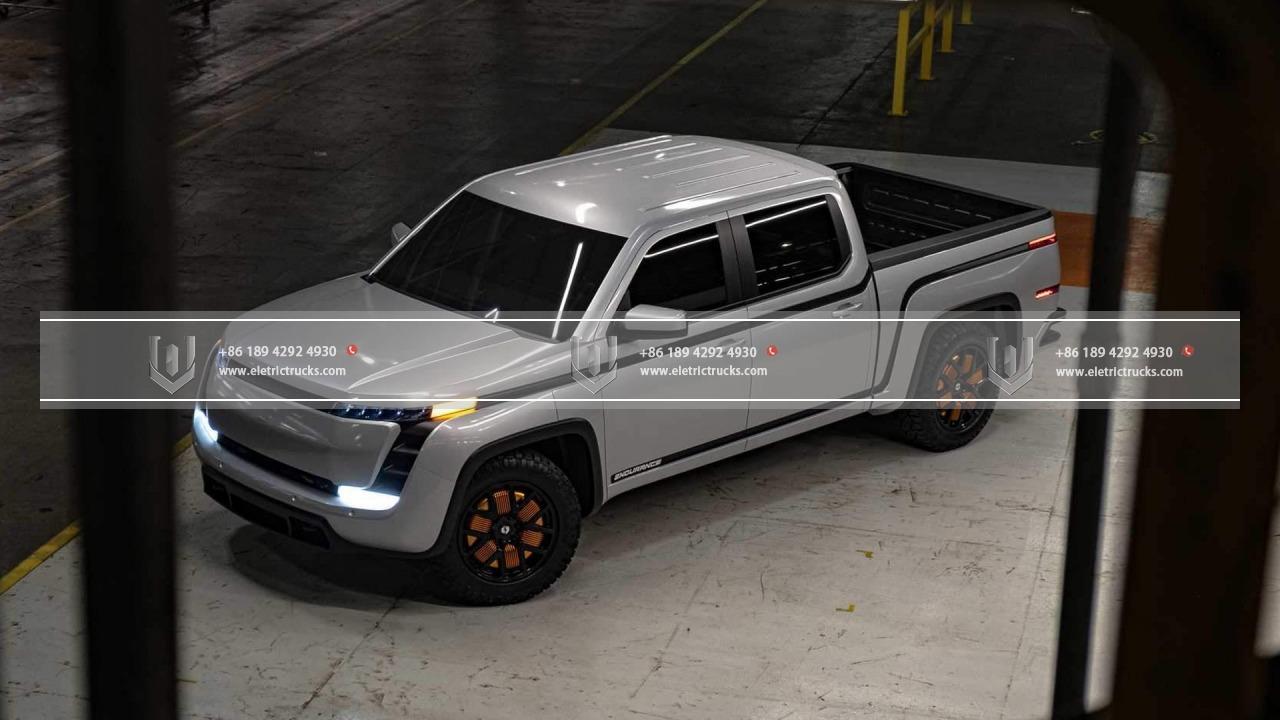
Despite the progress made, there are still challenges that need to be addressed to ensure the widespread adoption of electric trucks. One of the significant challenges is the expansion of charging infrastructure. To support the growth of electric trucks, a robust and accessible charging network is essential. Governments, businesses, and energy providers need to collaborate to develop a comprehensive charging infrastructure that covers both urban areas and long-haul routes. Fast-charging technology needs to be further improved to reduce charging times and increase convenience for truck drivers.
Additionally, the manufacturing and disposal of batteries used in electric trucks raise concerns regarding the environmental impact. The production of batteries requires the extraction of raw materials, some of which are sourced from environmentally sensitive areas. Proper recycling and disposal processes need to be in place to ensure the responsible management of battery waste. Moreover, the industry should continue to invest in research and development to improve battery technology, including energy storage capacity, charging speed, and durability.
In conclusion, the growing popularity of electric trucks is a clear indication of the shift toward sustainable transportation solutions. Driven by environmental concerns, cost savings, technological advancements, and evolving consumer preferences, electric trucks are gaining traction in various industries worldwide. While there are challenges to overcome, such as charging infrastructure and battery management, the benefits of electric trucks in terms of reduced emissions, lower operational costs, and improved driving experiences make them a compelling choice for the future of the haulage industry. As the world continues to prioritize sustainability and transition to clean energy, electric trucks are set to play a crucial role in shaping a greener and more efficient transportation system for generations to come.
